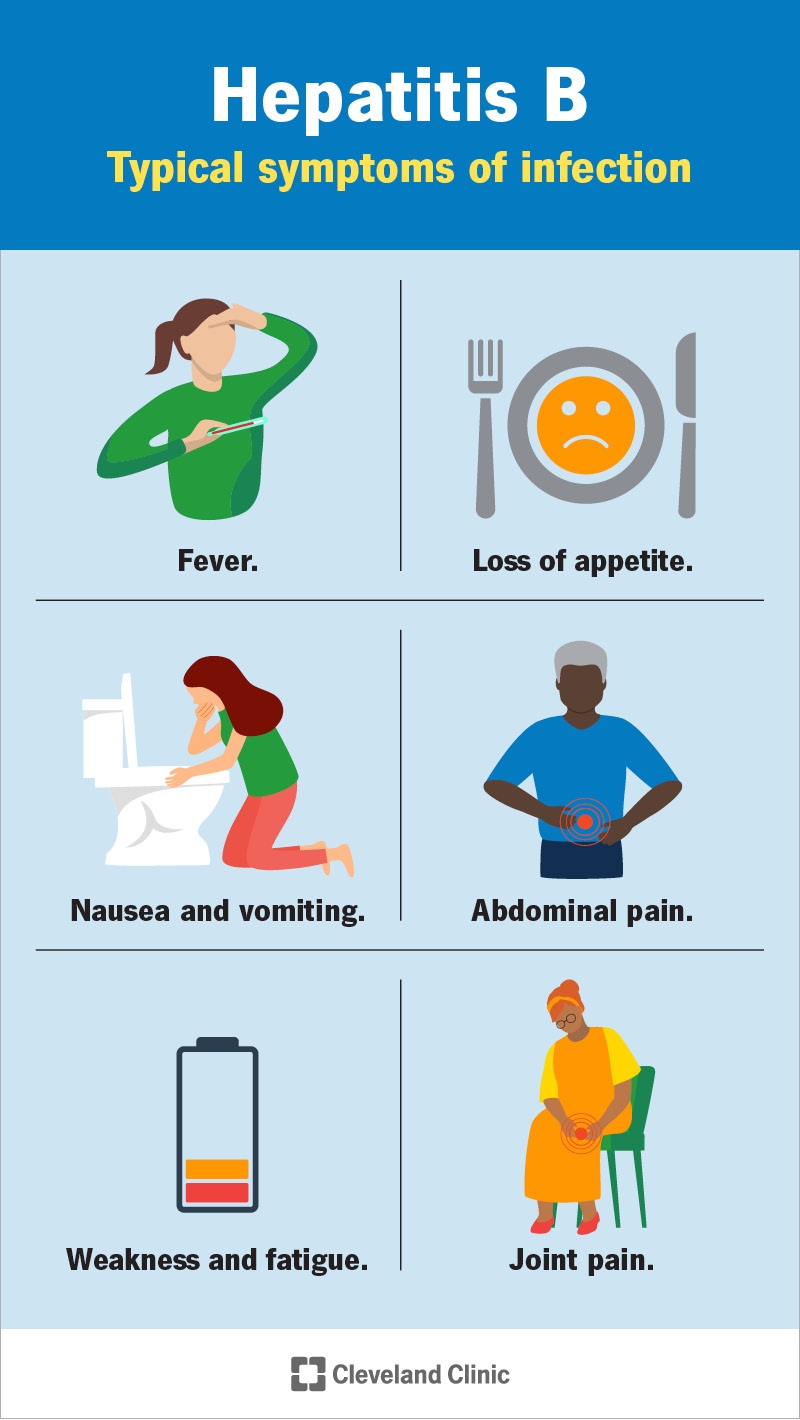Most Common Source Of Hepatitis A Most of these outbreaks occur among high risk groups travellers men who have sex with men people who use substances and people facing homelessness Hepatitis A infections can be prevented by vaccination safe and effective vaccines have been available for decades
Hepatitis A is a contagious liver infection caused by the hepatitis A virus Hepatitis A can be prevented with a vaccine People who get hepatitis A may feel sick for a few weeks to several months but usually recover completely and do not have lasting liver damage The hepatitis A virus HAV a picornavirus is a common cause of hepatitis worldwide Spread of infection is generally person to person or by oral intake after fecal contamination of skin or mucous membranes less commonly there is fecal contamination of food or water
Most Common Source Of Hepatitis A
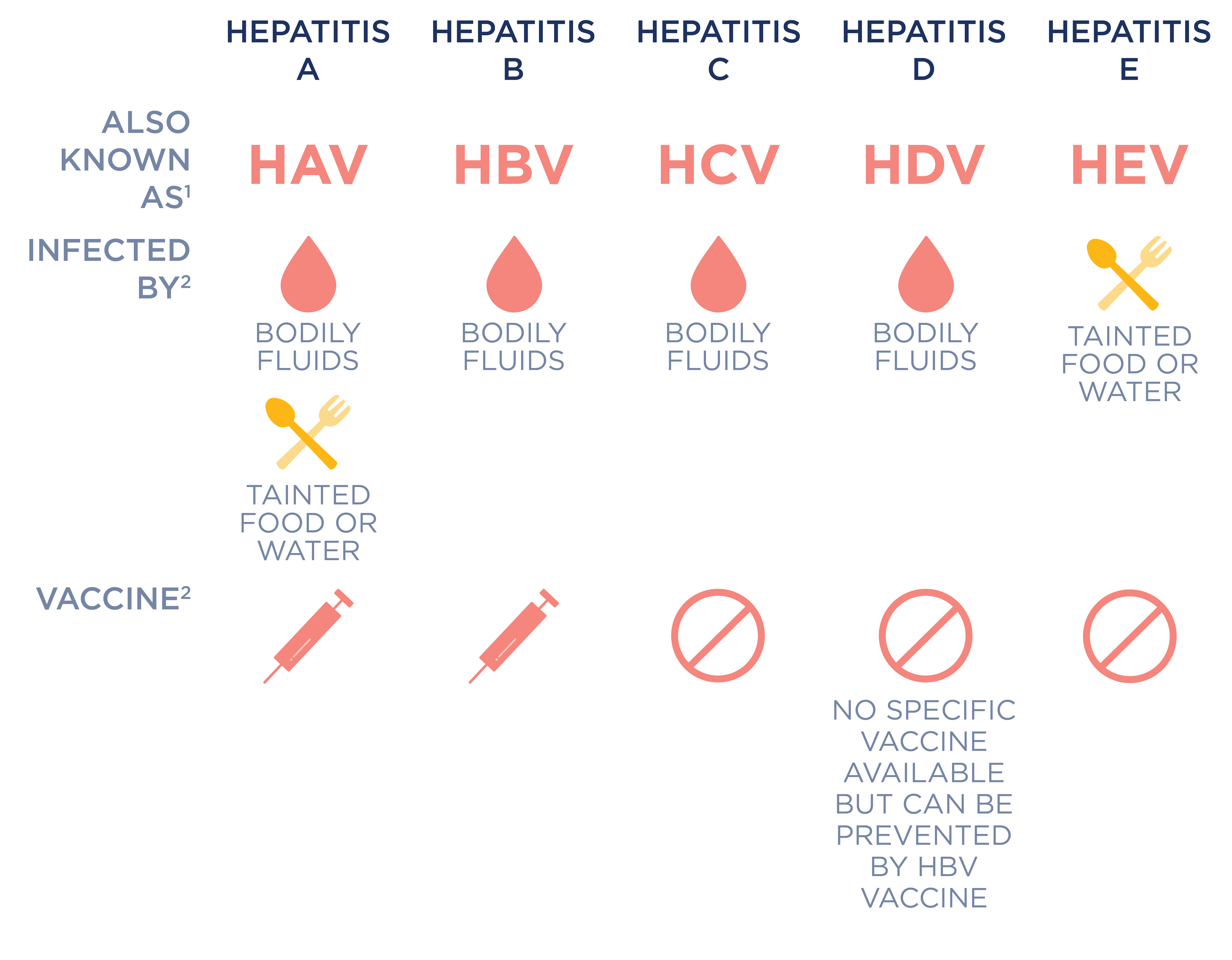
Most Common Source Of Hepatitis A
https://www.noblehealthservices.com/media/filer_public_thumbnails/filer_public/97/f4/97f4c6a2-34c9-417c-8173-3852f28e9b95/vaccine_chart.png__5901x4600_q85_subsampling-2.png

Hepatitis A HAV MedlinePlus
https://medlineplus.gov/images/HepatitisA_share.jpg

Hepatitis Who Can And Who Can t Donate Nurse Study Notes Nursing
https://i.pinimg.com/originals/69/74/71/69747110b70ef2a747f321130ebfb522.gif
The most common source of hepatitis A is direct person to person exposure and to a lesser extent direct fecal contamination of food or water Consumption of raw or partially cooked shellfish raised in contaminated waterways is an uncommon but possible source of hepatitis A Vertical transmission from mother to fetus and transmission from The hepatitis A virus HAV is a common infectious etiology of acute hepatitis worldwide HAV is most commonly transmitted through the fecal oral route via exposure to contaminated food water or close physical contact with an infectious person
Hepatitis A is among the most common vaccine preventable infections acquired during travel Cases of travel related hepatitis A can occur in travelers to developed and developing countries and who have standard tourist accommodations eating behaviors and itineraries Here s a breakdown of commonly implicated food sources Shellfish especially oysters are notorious for transmitting hepatitis A These creatures inhabit coastal waters and can filter pathogens from their environment If harvested from contaminated waters they pose a substantial risk to consumers
More picture related to Most Common Source Of Hepatitis A

Hepatitis
https://www.who.int/images/default-source/health-topics/hepatitis/who-global-hepatitis-infographicf70d20c888d34aa48f7fe4c166086ba9.gif?sfvrsn=9bde6ac5_2
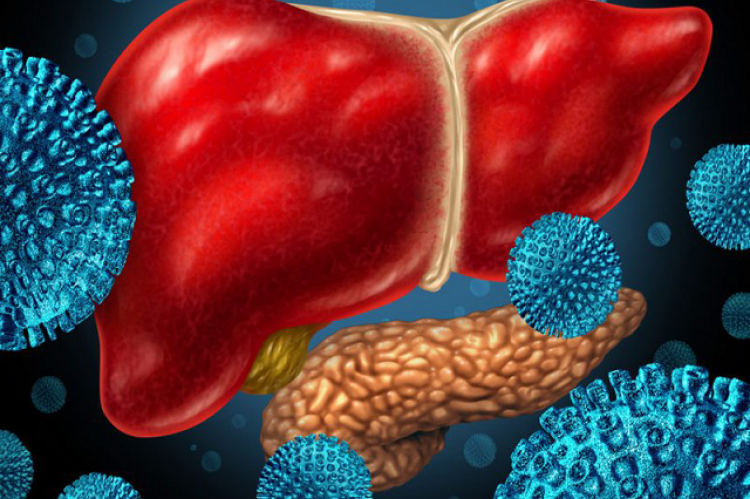
Causes Symptoms And Treatments Common Hepatitis B Today
https://phcogj.com/sites/default/files/styles/large/public/PharmacognJ-13-3-644.png?itok=5Ht3veHE
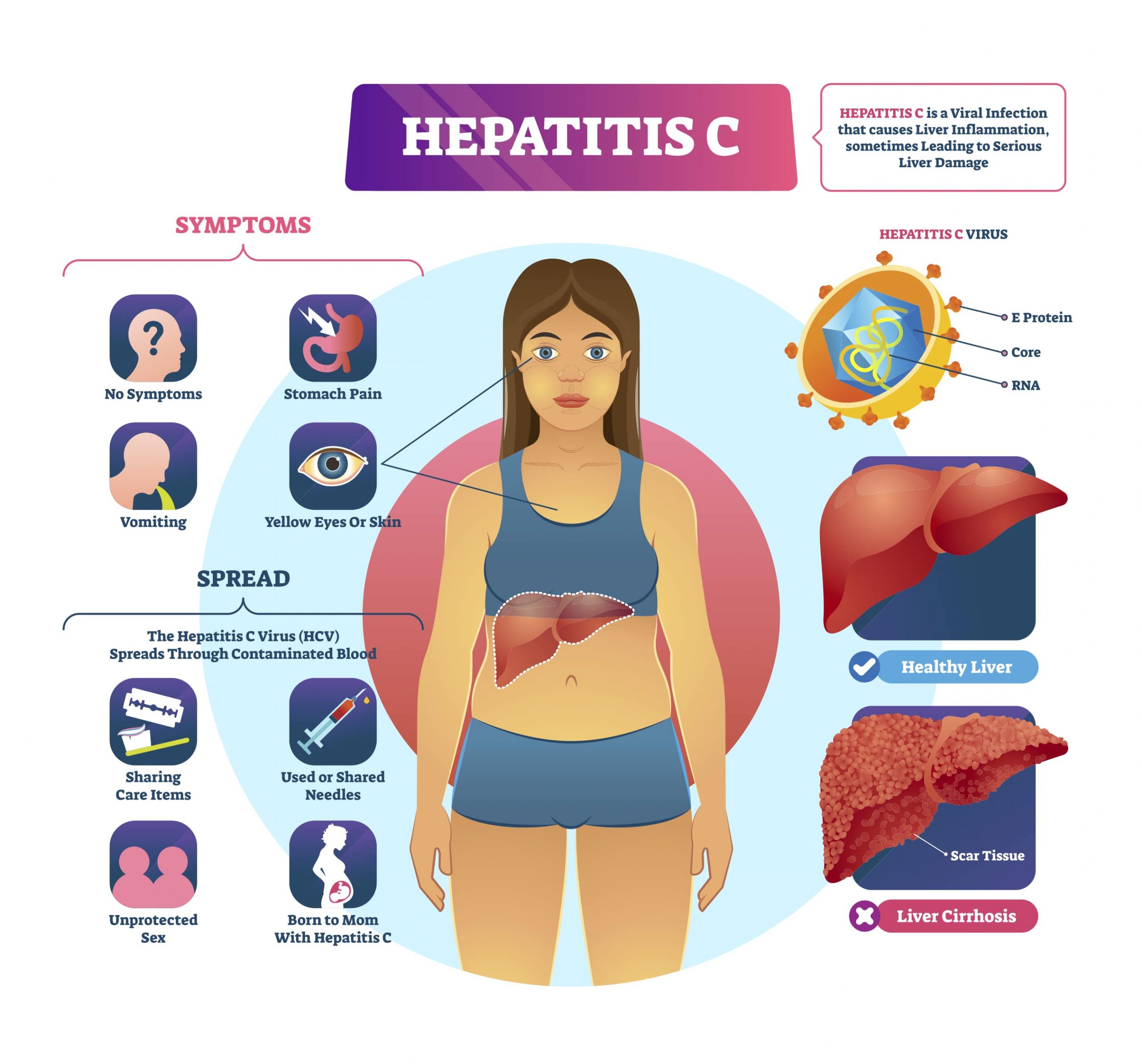
Hepatitis Symptoms
https://www.gutcare.com.sg/wp-content/uploads/2022/06/Hepatitis-C-min-scaled.jpg
Hepatitis A is responsible for the bulk of infectious hepatitis worldwide and is an important cause of foodborne outbreaks Table 14 1 The most common symptom of hepatitis A is jaundice nausea and malaise without jaundice can also occur Hepatitis A is a liver disease caused by the hepatitis A virus It s different from other types of hepatitis such as hepatitis B and C Hepatitis A is most commonly spread when someone eats food or drinks water that contains the hepatitis A virus
Hepatitis A is a highly contagious infection that spreads primarily through fecal oral transmission Hepatitis A causes an acute infection It does not become a chronic long term infection Hepatitis A is one of several viral hepatitis infections that affect the liver Hepatitis A outbreaks are commonly associated with specific sources including food and water contamination poor sanitation and close contact with infected individuals Understanding these sources is essential for implementing effective prevention measures
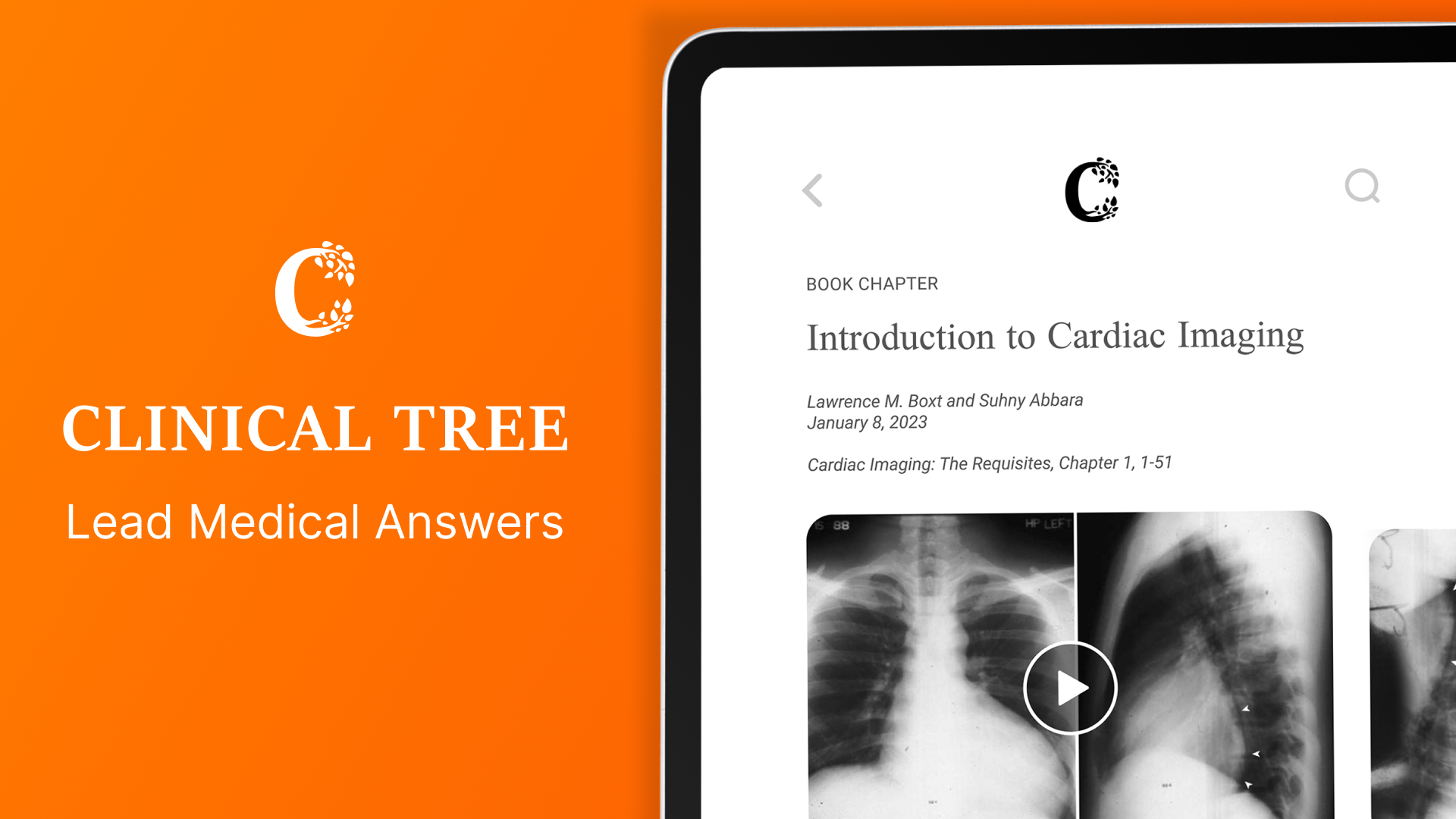
Hepatitis Vaccines Clinical Tree
https://clinicalpub.com/wp-content/uploads/2024/02/header-iphone.png
Hepatitis B Causes
https://my.clevelandclinic.org/-/scassets/Images/org/health/articles/4246-hepatitis-b
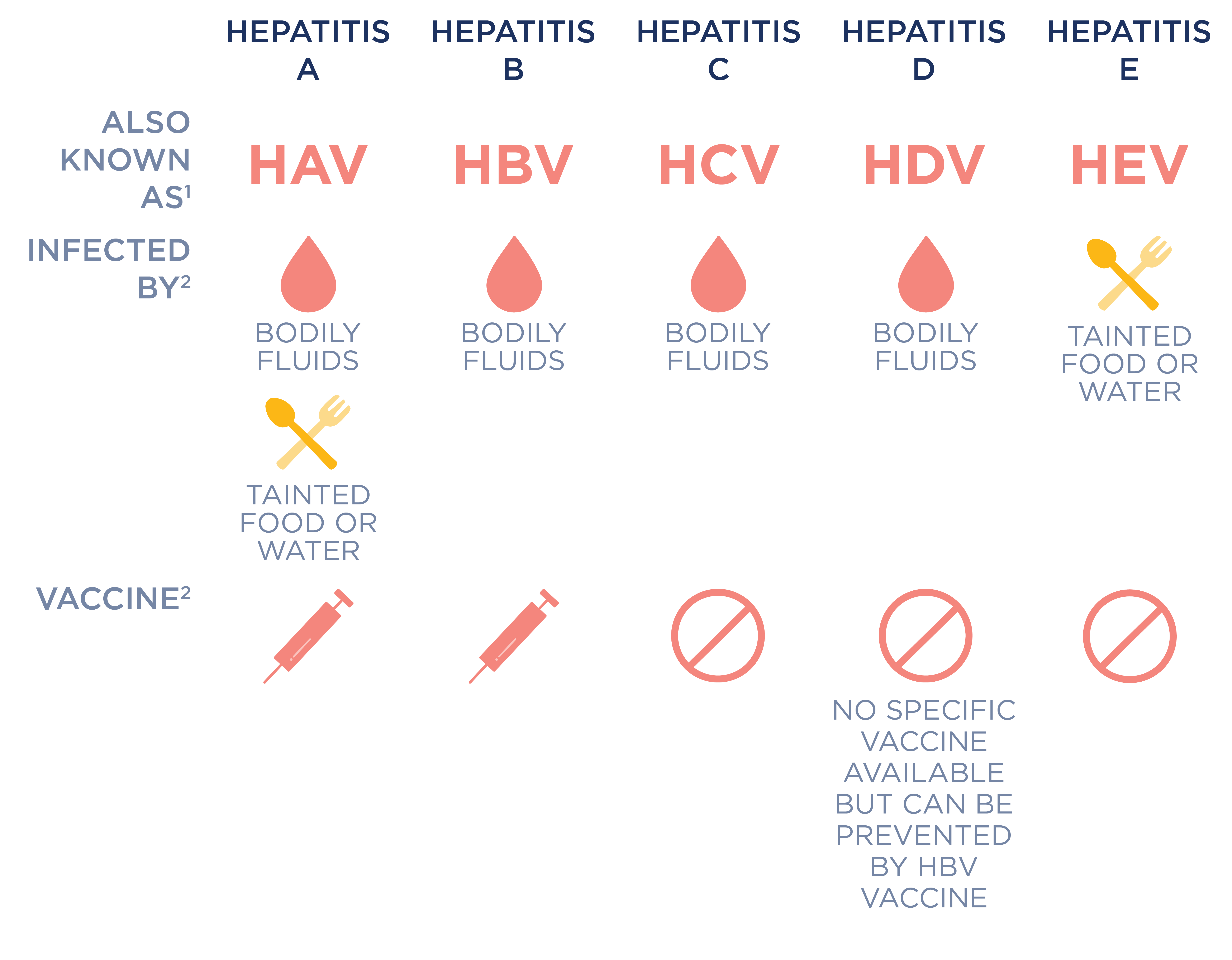
https://pmc.ncbi.nlm.nih.gov › articles
Most of these outbreaks occur among high risk groups travellers men who have sex with men people who use substances and people facing homelessness Hepatitis A infections can be prevented by vaccination safe and effective vaccines have been available for decades

https://www.cdc.gov › hepatitis-a › media › HepAGeneral...
Hepatitis A is a contagious liver infection caused by the hepatitis A virus Hepatitis A can be prevented with a vaccine People who get hepatitis A may feel sick for a few weeks to several months but usually recover completely and do not have lasting liver damage
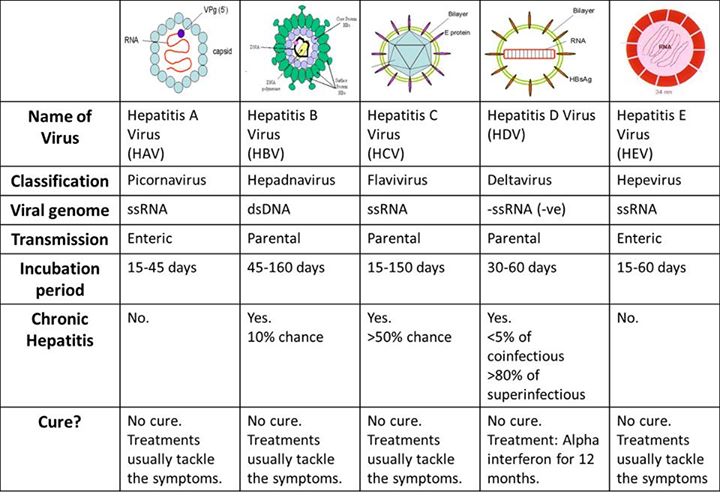
Hepatitis Virus Table

Hepatitis Vaccines Clinical Tree
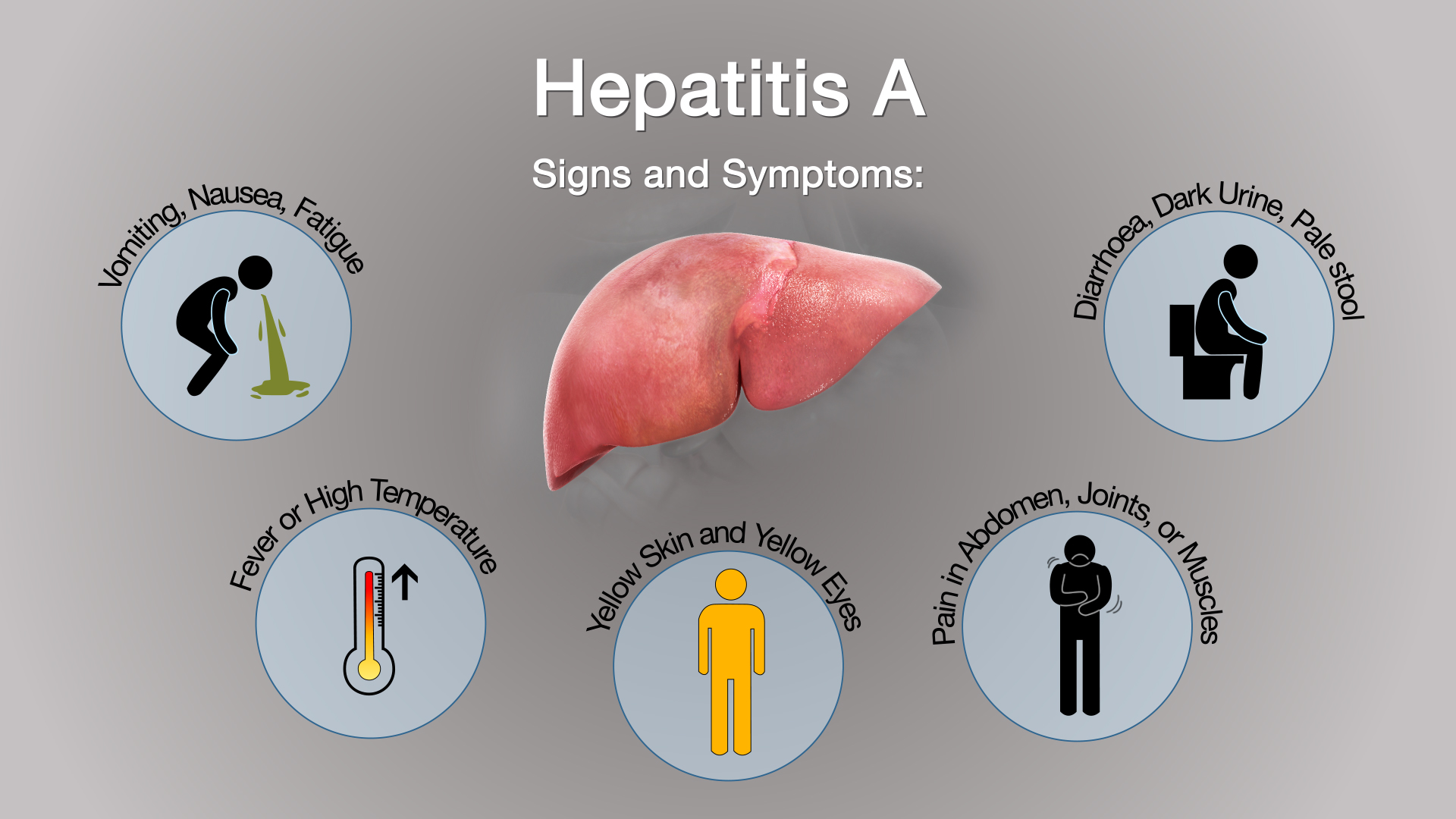
Hepatitis A Virus

Hepatitis A Virus
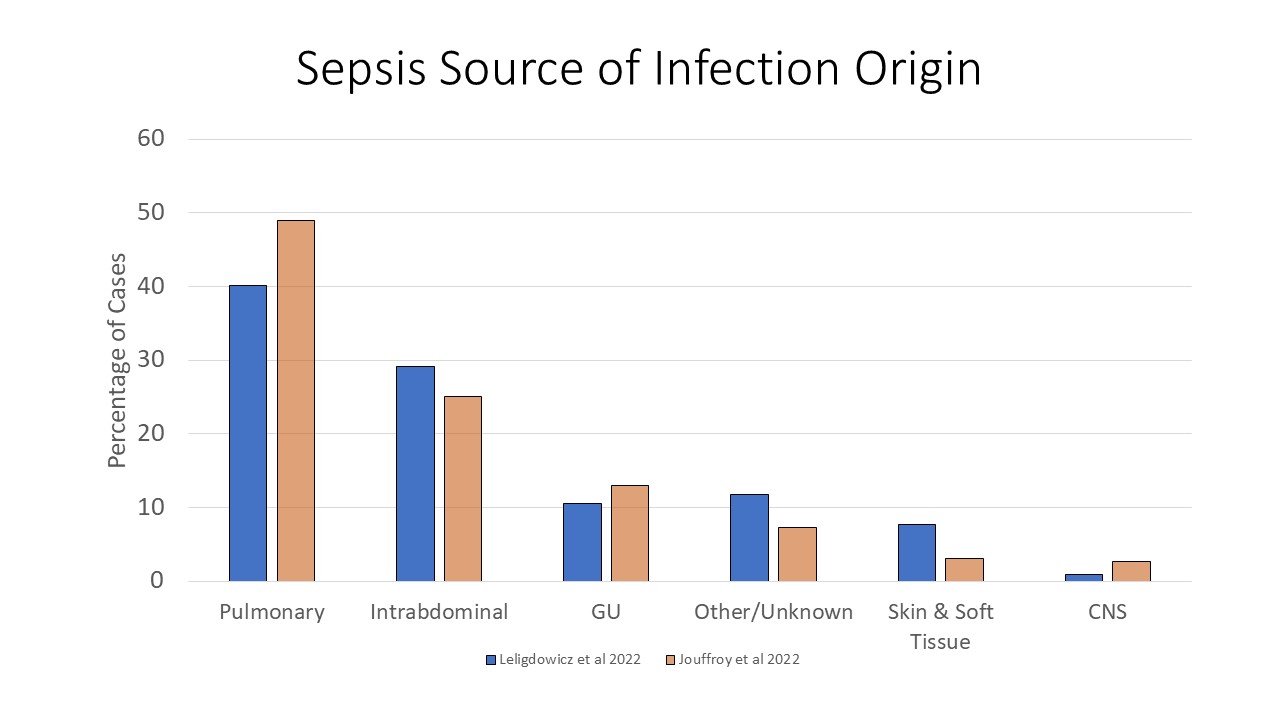
Sepsis Mortality Based On Origin Of Source Sepsis Program Optimization

Hepatitis A Virus Symptoms

Hepatitis A Virus Symptoms

Regional Hepatitis Data

Hepatitis B Transmission And Clinical Presentation Creative Med Doses

Hepatitis B Transmission And Clinical Presentation Creative Med Doses
Most Common Source Of Hepatitis A - The most common source of hepatitis A is direct person to person exposure and to a lesser extent direct fecal contamination of food or water Consumption of raw or partially cooked shellfish raised in contaminated waterways is an uncommon but possible source of hepatitis A Vertical transmission from mother to fetus and transmission from
